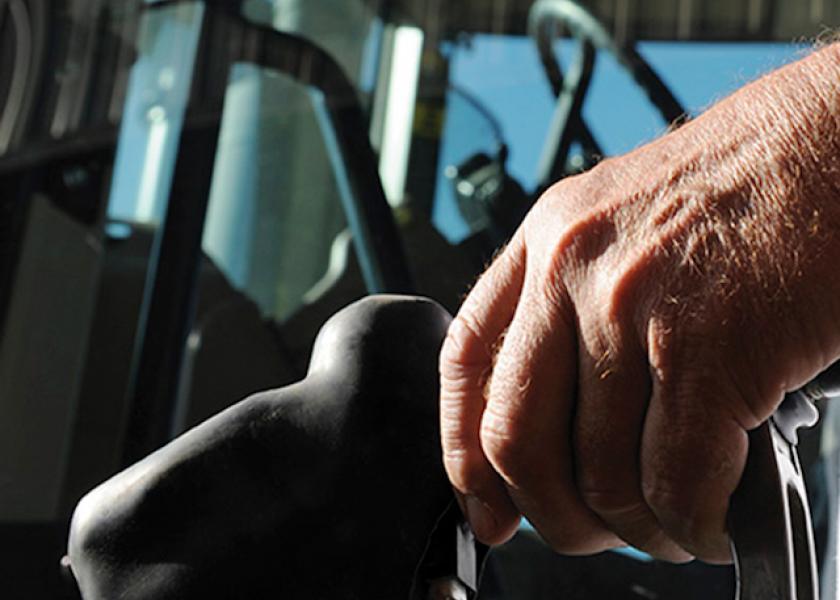Nalivka: The Government’s Actions to Create Fairer Marketplaces

The following opinions are those of John Nalivka, president of Sterling Marketing, Inc., Vale, Oregon.
On May 26th USDA announced three initiatives as the first of a “suite of major actions under the Biden Administration to create fairer marketplaces for poultry, livestock, and hog producers.” (Not to be fussy about semantics, but “hog producers” are also livestock producers). Some respond that it’s about time USDA did something to “fix” markets. Once again, my response is – be careful what you wish for!
This brings us to the question of whether livestock markets need to be fixed. I don’t believe they do. Sure, one can always find issue with the market – any market, the stock market and the oil market come to mind. Here we are in 2022 with 8% inflation, at a minimum, and the highest in 40 years. And, it’s no secret that this runaway inflation largely results from the decision to cancel the Keystone Pipeline and sharply cut permits to reduce oil exploration and drilling which subsequently led to a sharp runup in oil, gasoline and diesel prices.
The diesel situation is further put at risk due to our imports of urea. Urea is used to produce DEF, Diesel Exhaust Fluid which is required by diesel engines made since 2010. Russia and China are two of the three largest exporters of urea. I would submit that this market situation is not only a greater issue to livestock and poultry producers and the American people, but also one that is fixable. Rather than fixing markets, I would submit that it is probably more important to fix oil prices and that is not to mention, the oil market IS fixable. American agriculture is dependent on fossil fuels and fertilizer. The current situation has put our American food system at risk – not marketplaces that need to be fixed!
I think livestock producers who are pushing for the government to fix the livestock marketplace might instead push for the Administration and Congress to start implementing policies to deal with inflation. It doesn’t require rocket science to know that this begins with policies that recognize 1) our economy depends on fossil fuels and that dependency cannot be replaced overnight with wind turbines and solar panels; and 2) running the printing presses and injecting money into the economy is the main ingredient of inflation – too many dollars chasing too few goods.
One last thought or question and one that I think is extremely critical at this juncture. How can the American food system continue to function as it has for decades to provide affordable food produced by American farmers and ranchers increasingly squeezed by escalating input costs providing quality and readily available food to American consumers increasingly pinched by inflation? At some point, fixing the market will be the least of ranchers’ worries! I would strongly suggest that ranchers, farmers, and all Americans demand a shift in policy priorities regarding oil prices and inflation before this situation is no longer fixable.







